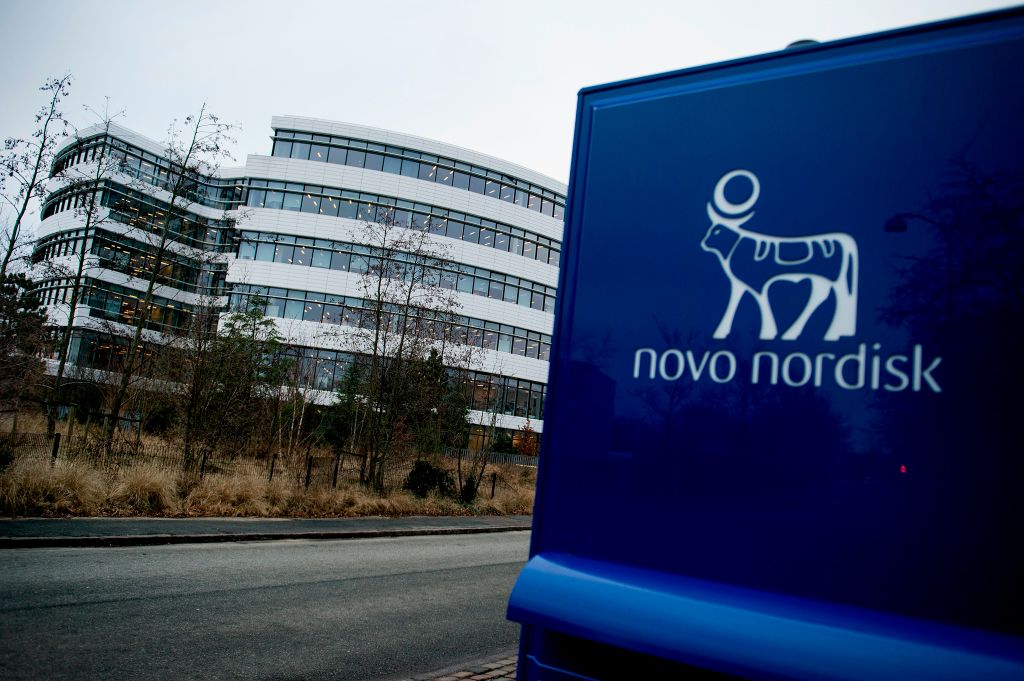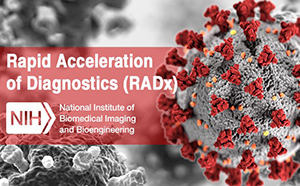The bid to buy metabolic drugs biotech Metsera in September came down to two pharmaceutical giants, with Novo Nordisk’s highest bid losing out to Pfizer’s $4.9 billion price tag, partly due to regulatory and financial risks linked to a potential deal with the Danish company. Those risks remain, but Novo is back with a new unsolicited offer. It’s a similar deal to the previous one, but Metsera shareholders will get much more money guaranteed up front.
Metsera is now prepared to walk away from Pfizer, saying on Thursday that it has concluded that Novo’s new offer is superior. Novo proposes paying $56.50 in cash for each Metsera share, which is equivalent to about $6.5 billion. That price is a premium of more than 69% over Metsera’s closing share price on September 19, the last trading day before the Pfizer acquisition was announced. Additional payments depend on achievement of milestones.
Pfizer is a challenge Novo’s offer, but not with more money. The New York-based pharmaceutical giant said Novo’s offer cannot be considered a superior proposal under the terms of its acquisition agreement with Metsera. Pfizer said it will enforce its legal rights under this agreement.
Metsera is developing anti-obesity drugs in the same drug class as Novo Nordisk’s Wegovy, a peptide drug that mimics gut hormones to trigger metabolic effects that lead to weight loss. But Metsera’s GLP-1 drugs could offer dosing and manufacturing advantages over Wegovy’s Zepbound and Eli Lilly, the current market leaders. The biotech is also developing pill formulations and pursuing additional anti-obesity targets. In an obesity market that is becoming increasingly competitive, Metsera’s programs could stand out in the field, making them attractive to any company looking to make its mark in metabolic medicines.
Novo was among eight companies that spoke to Metsera last year about a possible deal, according to regulatory filings related to the Pfizer acquisition agreement. “Party 1,” now known as Novo, expressed early and sustained interest. But among Metsera’s concerns about a deal with Novo was the regulatory risk that this proposed partnership would not be approved by antitrust regulators. For this risk, “Metsera would need significant compensation if it could accept a transaction with such risks,” the company said in the document.
Novo’s new offer is developed in two steps. The payment of $56.50 in cash for each Metsera share would occur immediately after the signing of a definitive agreement, even before regulators approve it. In exchange, Metsera would issue non-voting preferred shares of Novo that would represent 50% of its share capital. Metsera would then declare a cash dividend of $56.50 per share that would be paid to shareholders 10 days later.
Following regulatory and shareholder approvals, the acquisition would move to the second step. Metsera shareholders would receive a contingent value right (CVR) that could pay up to $21.25 per share in cash based on development milestones and regulatory approval, and Novo would acquire Metsera’s remaining outstanding shares. The CVR milestones are similar to those of the Pfizer deal and would add about $2.5 billion to the deal if all are met. The up to $21.25 per share that Novo proposes to pay now is substantially less than the up to $37 CVR payment proposed in September, but is in line with Pfizer’s CVR.
Aside from the dollar amounts, Novo’s new proposal is essentially the same deal that Metsera’s board rejected in September. According to the filing, Metsera’s board of directors recognized that this deal structure provided greater value to the company’s shareholders than a traditional termination fee payable if the deal falls through due to regulatory issues. But Metsera’s board decided against Novo’s September offer, noting that regulatory risks could delay closing a deal by up to two years and that the CVR would be paid only after a long period of time, if at all.
The board’s reasons for choosing Pfizer’s offer include certainty of that company’s financial terms and a faster closing of the deal. Pfizer expected to complete the transaction in the fourth quarter of this year. Metsera’s board voted to accept Pfizer’s offer of $47.50 per share, or about $4.9 billion.
In a research note Thursday, Leerink Partners analyst David Risinger said it’s unclear why Novo is confident that antitrust regulators would support its acquisition of Metsera, given that Novo along with Lilly dominate the market for metabolic drugs that mimic gut hormones. Additionally, the Trump administration’s “America First” policies could play a role in regulatory oversight of a de Novo deal for Metsera.
Pfizer’s statement issued in response to Novo’s new bid for Metsera characterizes the deal as an attempt by a company with a dominant market position to suppress competition by acquiring a US rival. Pfizer maintains that the deal is structured in a way that circumvents antitrust laws and carries regulatory and enforcement risks.
“The proposal is illusory and cannot be qualified as a superior proposal under Pfizer’s agreement with Metsera, and Pfizer is willing to pursue all legal avenues to enforce its rights under its agreement,” the pharmaceutical giant said.
Like many M&A deals, Pfizer’s agreement with Metsera includes a provision prohibiting the biotech from seeking other offers. But the deal allows Metsera to respond to higher unsolicited bids. Beyond greater value for shareholders, the agreement defines a superior company proposition as one that takes into account all terms and conditions, “including all financial, regulatory, financing, conditionality, legal and other terms and conditions.”
Pfizer’s agreement with Metsera remains in effect for now. But the biotech’s notification that it plans to enter into a definitive agreement with a higher offer gives Pfizer four business days to review the terms of the agreement. If Metsera terminates the agreement with Pfizer to accept Novo’s offer, the pact requires the biotech to pay the pharmaceutical giant a termination fee of $190 million.
Photo: Liselotte Sabroe/Scanpix Denmark/AFP, via Getty Images



